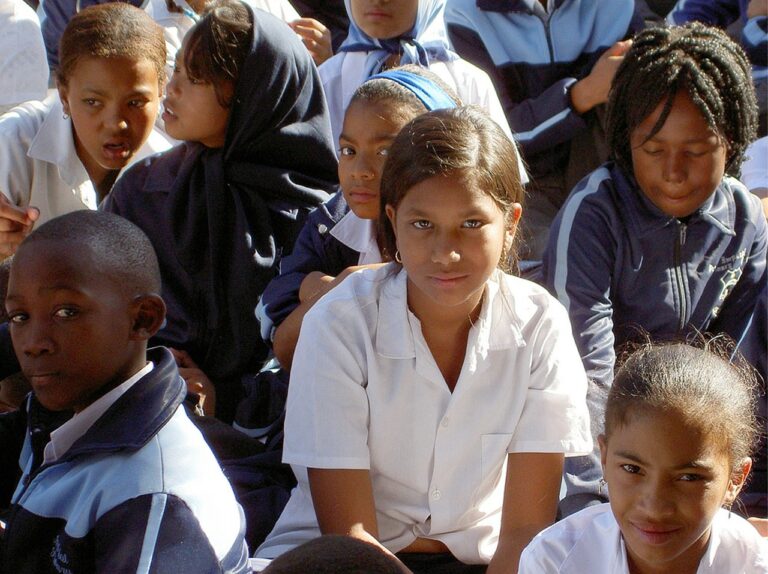The Role of Outdoor Education in Child Development
Experiential learning in nature offers numerous advantages for children’s overall development. By engaging in hands-on activities outdoors, kids have the opportunity to explore, observe, and interact with the natural world around them. This active participation not only enhances their understanding of ecological systems and wildlife but also fosters a sense of curiosity and wonder about the environment.
Moreover, being immersed in nature can have significant positive effects on children’s physical and mental well-being. Spending time outdoors can reduce stress, increase physical activity, and improve cognitive function. By providing a dynamic and sensory-rich learning environment, experiential learning in nature encourages holistic growth and helps children build a deeper connection with the world outside their screens.
Connecting Children to the Natural World
Spending time in nature offers children a multitude of benefits that go beyond just physical exercise. The natural world provides a rich sensory experience that engages all their senses and sparks curiosity. Feeling the texture of tree bark, listening to the rustling of leaves, and observing various colors and shapes of flowers can nurture a child’s imagination and creativity.
Engaging with nature also helps children develop a sense of wonder and appreciation for the environment around them. By connecting with the natural world, children learn about the interconnectedness of all living things and the importance of caring for the planet. This firsthand experience fosters a sense of responsibility and empathy towards nature, instilling values that can help shape them into future stewards of the Earth.
Why is experiential learning in nature beneficial for children?
Experiential learning in nature allows children to engage all their senses, develop a deeper connection to the environment, and improve their physical and mental well-being.
How can parents or educators connect children to the natural world?
Parents and educators can connect children to the natural world by taking them on nature walks, engaging in outdoor activities, and providing opportunities for hands-on learning experiences in nature.
What are some examples of activities that can help children connect to the natural world?
Some examples of activities include bird watching, gardening, camping, hiking, nature scavenger hunts, and nature photography.
How can connecting children to the natural world benefit their overall development?
Connecting children to the natural world can benefit their overall development by fostering creativity, problem-solving skills, empathy, emotional regulation, and a sense of wonder and curiosity about the world around them.





